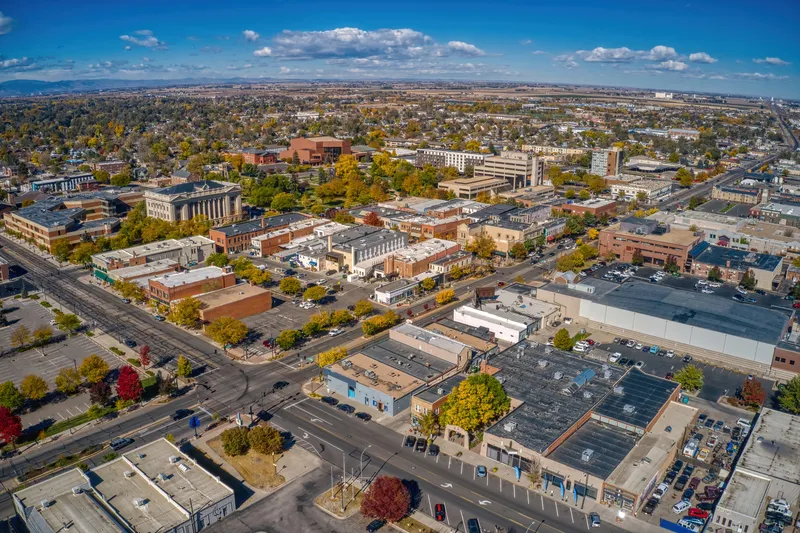Direct from
Gridlock is a major issue in parts of the state.
“Metro Atlanta has some of the worst traffic in the US,” he says.
The project will be managed from Duluth, a suburb of Atlanta. “Our entire team is locally based,” Bumpers joked to Daily News. “We have a vested interest in making it work!”
Much of the issue comes down to capacity of the state’s roads.
“We’re going to be working on congestion management algorithms,” he says. “One of the key goals for GDoT and for us is to reduce congestion.”
The company will be using its DYNAC platform, integrating data from other transport networks, roadside equipment, floating car data, connected vehicle equipment and other traffic detectors. This will be made available to third parties and to GDoT’s traveller information website.
Georgia was one of the first DoTs to introduce variable speed limits and plans to extend the use of managed lanes to various state highways.
“We have been working hard to get close to GDoT,” Bumpers says. “We are very attuned.”
Kapsch’s new solution will replace the existing NaviGAtor system which has been in place since 1996. Speeding up incident response times, improving asset management and optimising infrastructure investment will be among the main aims of the ATMS.










